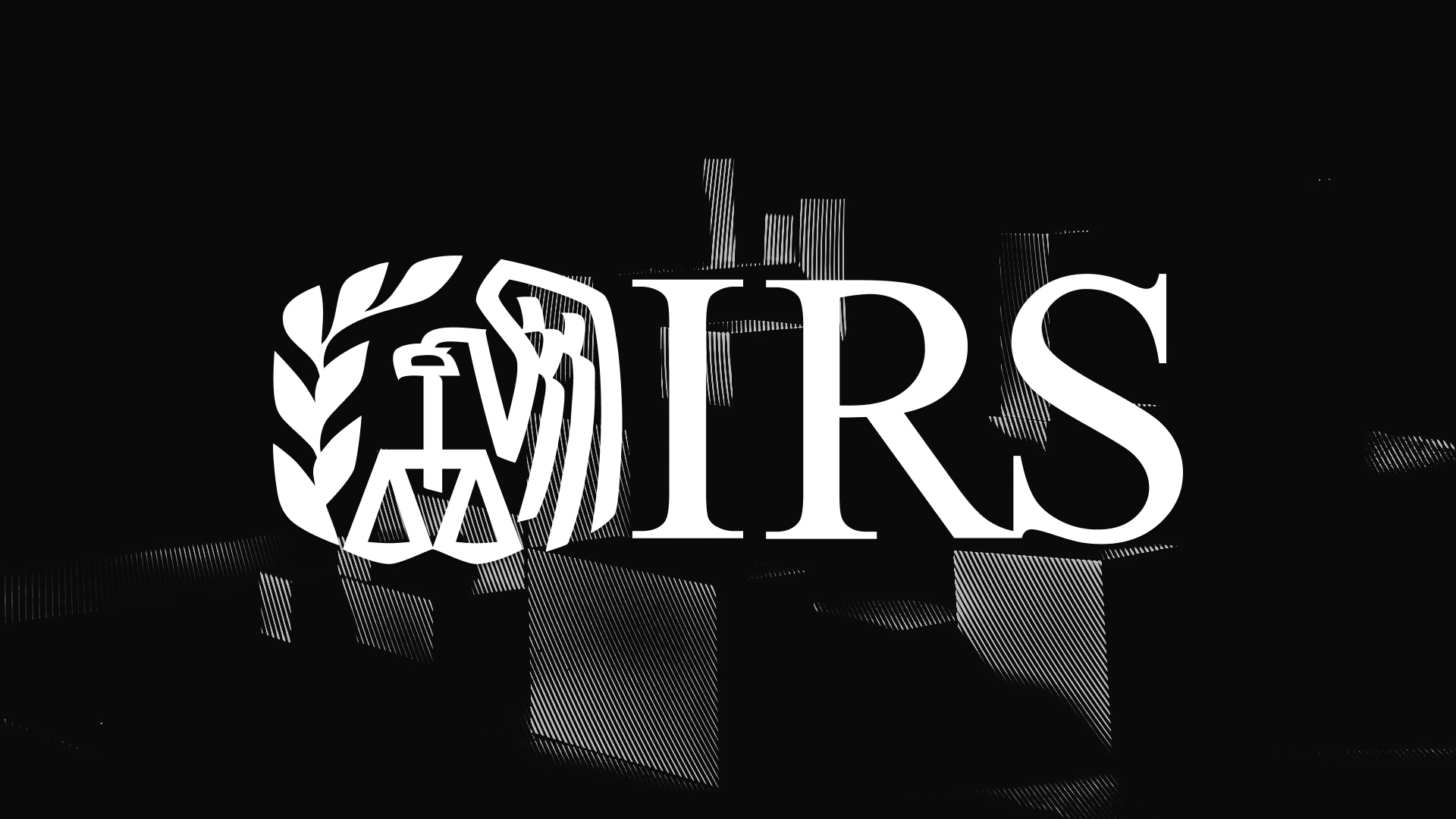Table of Contents
Researchers from Indiana University and the University of Maine have proposed a new tax framework for cryptocurrency losses in the United States. The study suggests that the Internal Revenue Service (IRS) should adopt recommendations to prevent taxpayers from offsetting crypto losses against other capital gains.
Currently, IRS guidelines treat cryptocurrency losses similarly to those of other capital assets, making them deductible against capital gains but not against other income types. However, the researchers argue that cryptocurrency losses should be regulated differently, as the government's deduction policy effectively shares the risk created by investors' activities.
Authored by Jeffrey A. Maine from the University of Maine School of Law and Xuan-Thao Nguyen of Indiana University's Robert H. McKinney School of Law, Center for Intellectual Property & Innovation, proposes that cryptocurrency losses should only be deductible from cryptocurrency gains.
In simple terms, the proposal means losses from one type of activity, such as cryptocurrency investments, cannot be used to offset or shelter income from another activity. The researchers acknowledge that other capital losses are not subject to similar treatment, as the current rules allow losses from the sale or exchange of any capital asset to offset gains from any other capital asset.
"The crypto industry has been hit hard with various market forces and scams, leaving investors with trillion-dollar losses in recent years. The appropriate tax treatment of such losses has yet to be fully examined, as there is scant guidance and a dearth of academic literature on the subject," the study's abstract states.
The authors also argue that by offering loss deductions on capital gains, the government may inadvertently encourage investment in cryptocurrency over other economically valuable investments. By implication, risk-sharing could prompt investors to exit the crypto industry suddenly, potentially harming legitimate exchanges and investors who choose to remain with a certain project.
The researchers admit that their proposed changes could adversely impact investors who would otherwise be entitled to the same taxation relief and recovery as those suffering similar asset losses, albeit unrelated or unexposed to crypto in general. However, they argue that the government's risk-sharing policy and the unique nature of cryptocurrency investments warrant separate treatment under .
As of 2021, the that cryptocurrencies are treated as property for federal tax purposes. This means that general tax principles applicable to property transactions apply to transactions involving cryptocurrencies. The fair market value of the cryptocurrency at the time of the transaction determines taxable income or deductible loss. However, the rapidly evolving nature of the crypto market and its impact on the global economy may prompt further discussions and changes in taxation policies in the future.
Future Implications
On the outset, proposed tax framework for cryptocurrency losses, if adopted, will have significant , web3, and decentralized finance (DeFi) ecosystems.
There's the factor of adversely influencing investment behavior. By restricting crypto loss deductions to crypto gains, investors will be compelled to become risk-averse, resulting to reductions in overall capital flow into the crypto market.
If implemented, limitations on tax deductions could also exacerbate market volatility. Because of the limitations, investors on a certain project would be more inclined to sell off their holds during a downturn in an attempt to minimize losses. If this scales up, it may provoke a cascading effect on general crypto prices.
Another possible quandary that could result from the proposal is the change in distinctions for tax compliance. Due to the new distinctions, investors who are exposed to a variety of crypto assets may have to create or generate new baselines and requirements in order to comply. This means more costs for maintaining and participating in crypto market.
If these new regulatory frameworks for taxation are implemented, innovation and general industry growth may be stifled or slowed down due to the reduction in capital flow. There may be less experimentation because of less funding as a result of generally reduced bursaries for supporting startups with new solutions.
Given the already worsening state of , a stricter tax policy for crypto will likely limit the country's global competitiveness in the industry. Crypto firms in the country have already begun , while some have remained steadfast by asking concerned agencies for .
Investment Disclaimer














